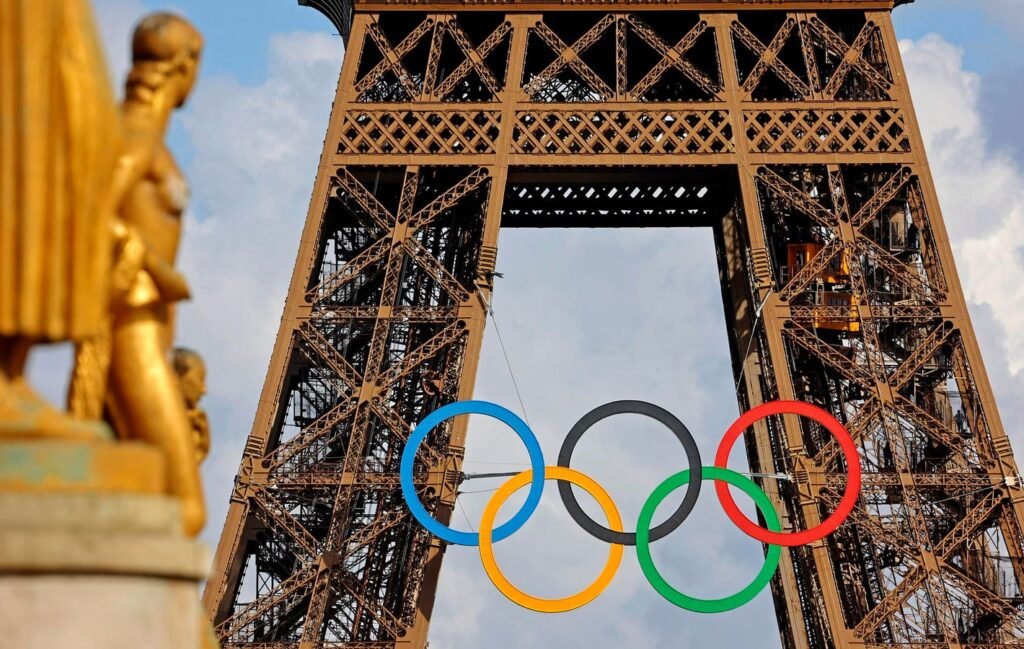France’s summer plans have taken a unexpected turn with President Macron’s snap election calling attention away from the Paris Olympics. Despite the uncertainty, Prime Minister Gabriel Attal will remain in office through the Games, providing hope for a smooth delivery of the event. However, the Olympics and Paralympics are facing a new challenge in the form of the climate crisis, as record-breaking temperatures raise concerns about the safety and well-being of athletes.
Scientists and athletes have come together to highlight the risks associated with hosting elite sporting events during the summer months in a city that has become significantly hotter over the past century. Nevertheless, Paris has set ambitious targets for reducing emissions from the Games, aiming to set a new standard for sustainability without compromising the excitement and spectacle of the event. Sustainable buildings have been a key focus, as they play a crucial role in responding to climate risks and transitioning to a lower-carbon future.
The Olympic village for the 2024 Games has been designed with sustainability in mind, using innovative construction methods and materials to reduce greenhouse gas emissions. The buildings feature geothermal heating and cooling systems, and passive design elements to ensure comfort for athletes without the need for air conditioning. Following the Games, the village will be transformed into a zero-carbon commercial housing community, further demonstrating Paris’s commitment to long-term sustainability.
As the building sector plays a significant role in global energy demand and greenhouse gas emissions, efforts to decarbonize existing buildings are crucial for achieving climate goals. The Energy Performance of Buildings Directive in Europe aims to reduce energy use and transition to fully decarbonized building stock by 2050. Electrification through technologies like heat pumps is another important strategy for reducing emissions and reliance on fossil fuels for heating and cooling.
Despite progress in some areas, the building and construction sector still faces challenges in achieving decarbonization goals. The World Green Building Council highlights the need for increased building renovation and sustainable construction, as well as reducing reliance on carbon-intensive heating and cooling systems. Collaboration across the value chain and deployment of existing solutions are necessary to close the gap and achieve net-zero buildings. The Déclaration de Chaillot, signed by 70 countries, aims to promote near-zero-emission buildings by 2030.
The innovative sustainable practices showcased at the Paris 2024 Olympics serve as a blueprint for future events and urban development. By prioritizing sustainability and reducing operational emissions, the Games demonstrate a commitment to combating climate change and protecting the environment. As France navigates its political landscape, the legacy of Paris 2024 could be its lasting green credentials, adding a new dimension of human endeavor and excellence in the face of climate change.

